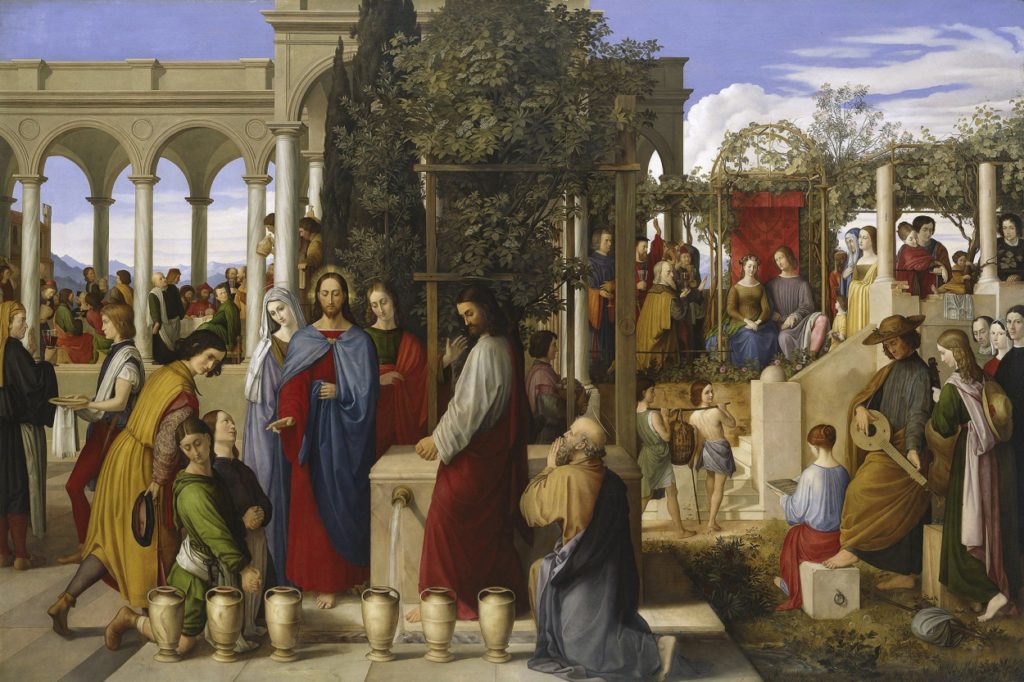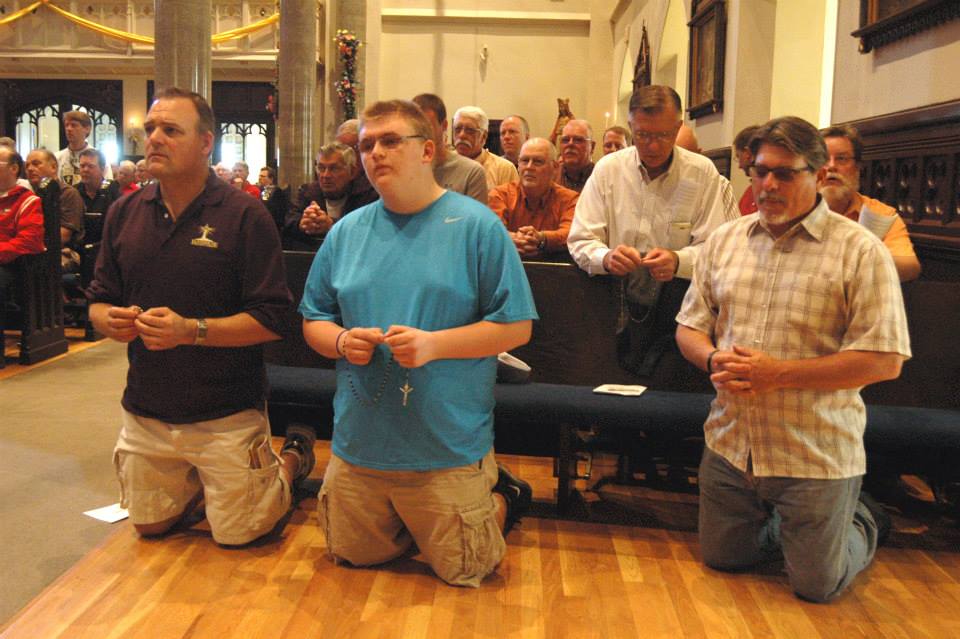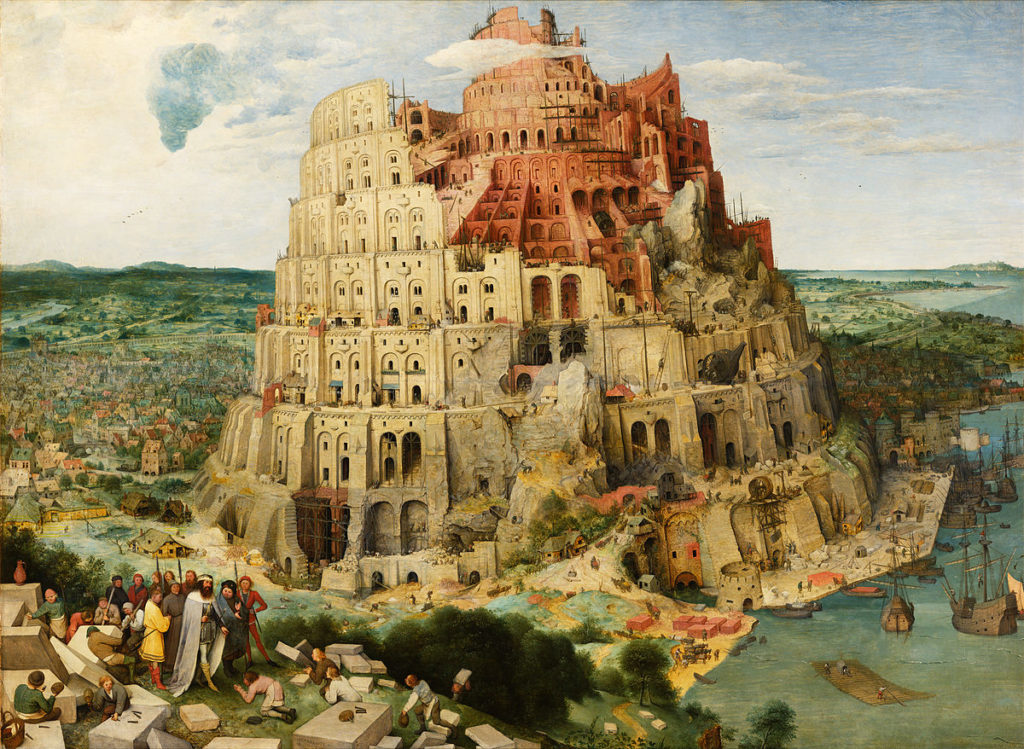Jesus’ Miracles — Brining Joy to All of Us
I know this is a tad late given that the Sunday Gospel reading about the Miracle at Cana was several weeks ago. But the way I see it, we should be visiting this mystery at least once a week when we meditate on it in the Second Luminous Mystery. So any insight, no matter when […]
Jesus’ Miracles — Brining Joy to All of Us Read More »









